‘Burn’ saw Deep Purple still at the height of their powers, and it never really has gotten the recognition it deserves. It was their last album recorded in positive circumstances.
Written by: Dangerzone
ARTIST: Deep Purple
ALBUM: Burn
LABEL: Purple
SERIAL: TPS-3505
YEAR: 1974
CD REISSUE: Discogs Reissue List
COUNTRY OF ORIGIN: England
LINEUP: David Coverdale – vocals * Ritchie Blackmore – guitar * Glenn Hughes – vocals, bass * Ian Paice – drums * Jon Lord – keyboards
TRACK LISTING: 01 Burn * 02 Might Just Take Your Life * 03 Lay Down, Stay Down * 04 Sail Away * 05 You Fool No One * 06 What’s Going On Here * 07 Mistreated * 08 A 200
WEBLINKS: Site Link
Background
The initial success of Deep Purple Mk 3 could be attributed to the hard work of the Mk 2 version, whose relentless US Tours and major sales of albums like ‘Machine Head’ and ‘Made In Japan’ made them one of the biggest selling bands of 1973 in the USA.
The tepid ‘Who Do We Think We Are’ of 1973 was the final statement from Ian Gillan and Roger Glover, who quit the band in bitter circumstances, just as Purple had gained massive levels of recognition.The soldiered on and for the second time were forced to find a new bassist and vocalist. The bass duties were easily filled, by Trapeze‘s Glenn Hughes, who Blackmore had apparently been lining up for some time.
The choice of vocalist was a major surprise, an unknown named David Coverdale, quite an inspired choice, despite a drunken demo tape! ‘Burn’ was quickly cranked out in late ’73, and was perhaps the equal of ‘Machine Head’, a mature hard rock statement that showed nothing had been lost in transition.
The Songs
The title track remains an awesome piece of driving hard rock, with perhaps the mightiest drumming put forth by Paice on any Deep Purple record. Blackmore’s riff is distinctive, dominating proceedings and Coverdale’s vocals were instantly more deeper than Gillan’s, and just as memorable.
The energy that had evaded ‘Who Do We Think We Are’ was certainly back in place. A more bluesy tone provides the bulk of ‘Might Just Take Your Life’, which displays the dual vocals of Hughes and Coverdale that led to so much tension in the next year, surely an embarrassment of riches with two superlative vocalists on hand.
A more frantic pace resumes with ‘Lay Down, Stay Down’, a full scale belter with a healthy dose of piano from Lord and Paice thrashing wildly again. For intense moodiness nothing can top ‘Sail Away’, as Lord’s updated 70’s keyboard effects add high drama along with a harsh Blackmore riff.
‘You Fool No One’ became a concert favourite for MK 3, regularly dragged out to fifteen minutes or longer, but in its studio form is sanitised four and a half minutes of manic hard rock, which demonstrates the power this lineup was capable of.
It has to be said it was a different power from the MK 2 version, not quite as metal, but certainly as reckless. This is proved by the extremely hard blues tinged ‘What’s Goin’ On Here’, heavy on straight piano work and some bluesy soloing from Blackmore.
Coverdale took a liking to the epic ‘Mistreated’, a grinding exercise in slow, heavy rock mode, which Deep Purple had previously untouched. Coverdale was born to sing this material, getting right into the dramatic nature of the track, with some gutsy and desperate singing, a tour de force.
Of course he would continue playing this live with Whitesnake. Of questionable inclusion in the almost progressive instrumental ‘A 200’, with an overload of futuristic sounding synths and haunting guitar soloing. Somehow this doesn’t fit in with the direction of the album as a whole.
In Summary
‘Burn’ reached the top ten on both sides of the Atlantic and Deep Purple embarked on a successful tour of the US which culminated in their famous performance at the California Jam in 1974 in front of 400,000 people. The wheels started to fall off immediately as Blackmore began to tire of the direction Purple were heading, less hard rock and more ‘funk’ in his mind.
That same year ‘Stormbringer’, another fantastic effort was released to declining audiences, suggesting Purple were already fading after just six years! It seems amazing that Purple could replace two band members and release two albums all in the space of a year! Nowadays that process would take four years. ‘Burn’ saw Deep Purple still at the height of their powers, and it never really has gotten the recognition it deserves. It was their last album recorded in positive circumstances during the 70’s, and this is obvious throughout.
Video
Burn

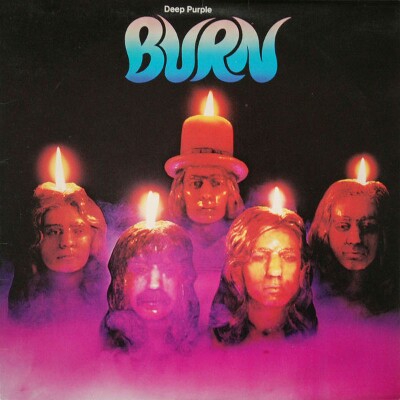
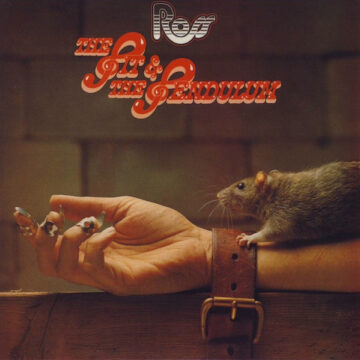
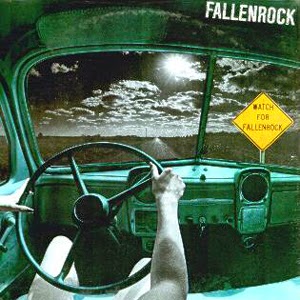
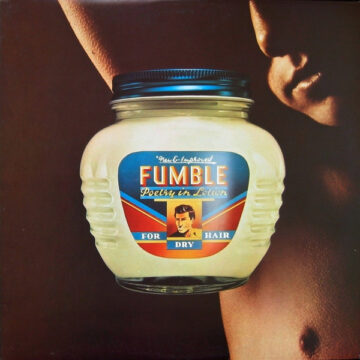
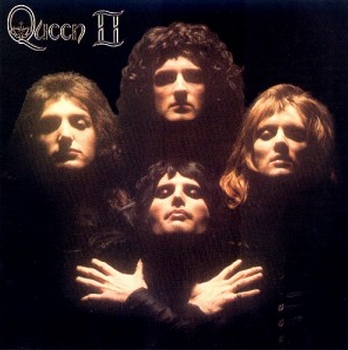
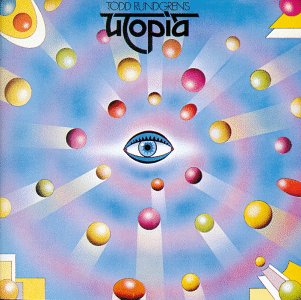
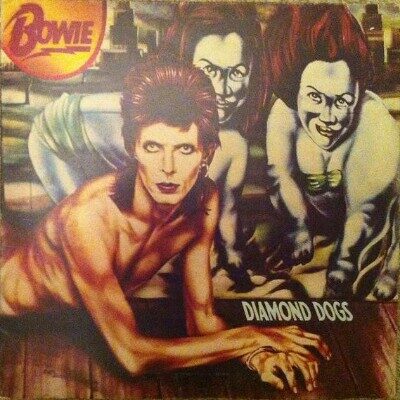
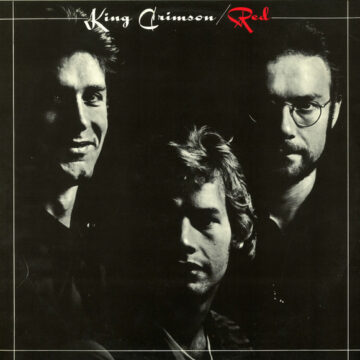
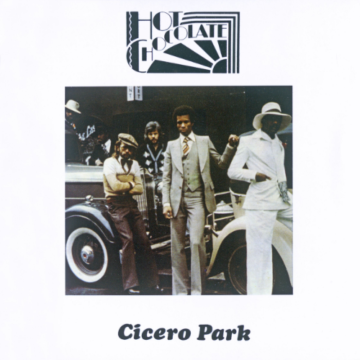
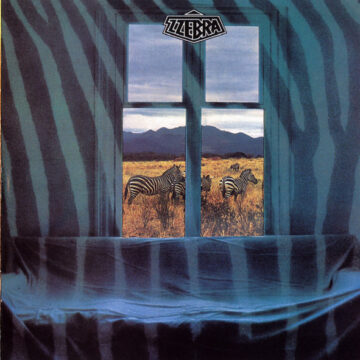
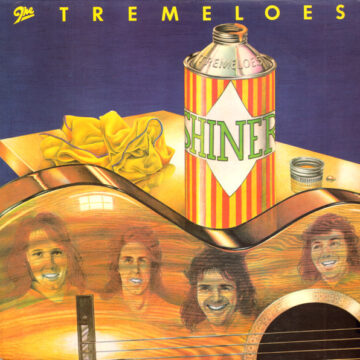
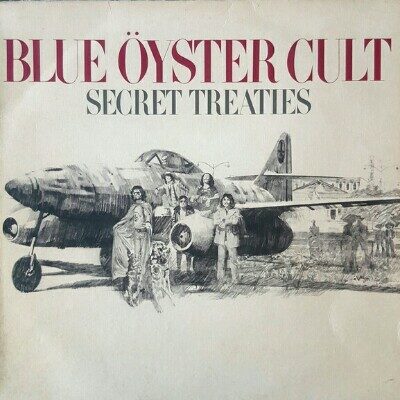
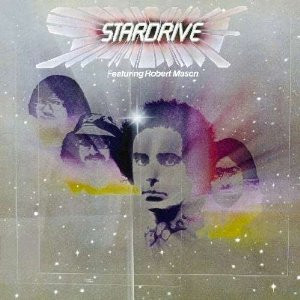
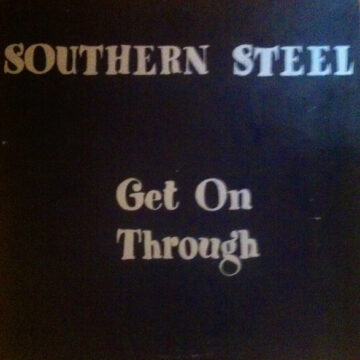
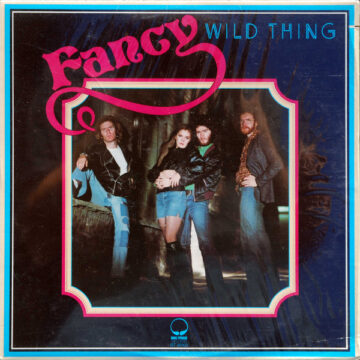
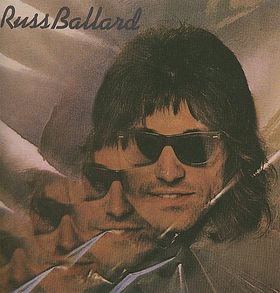
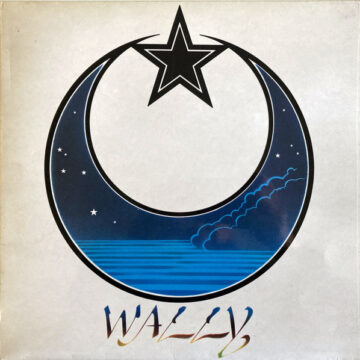
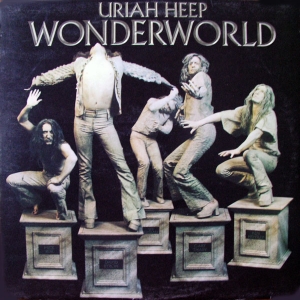
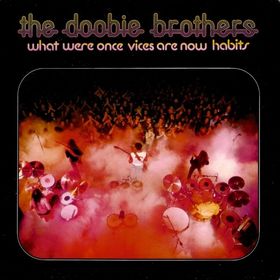
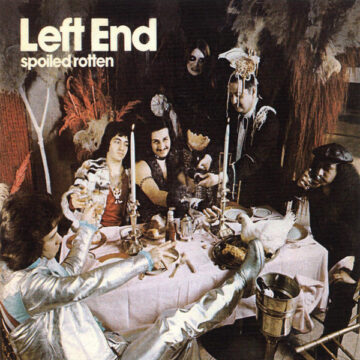
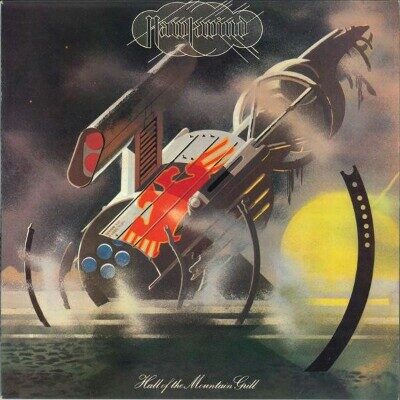
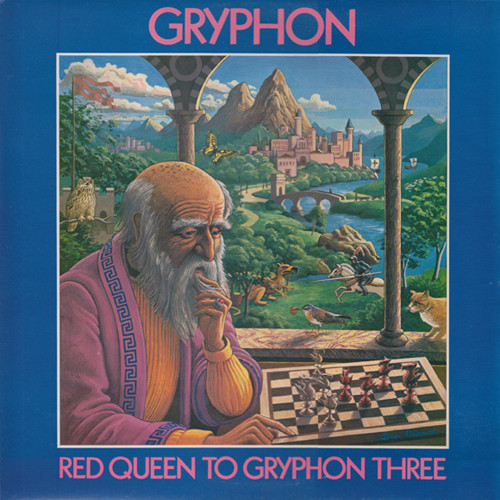
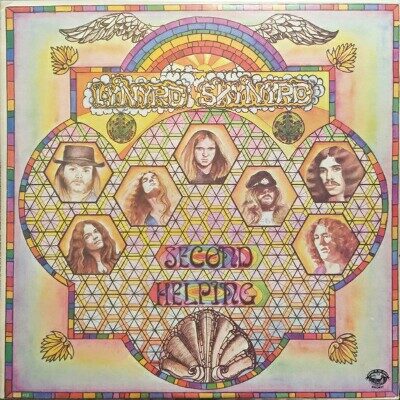
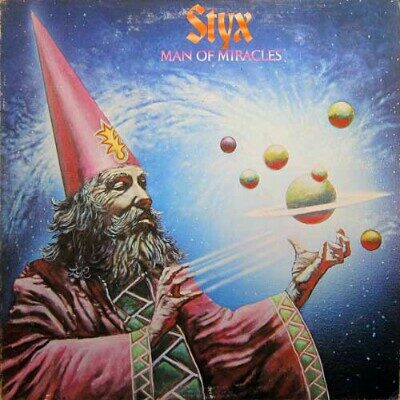
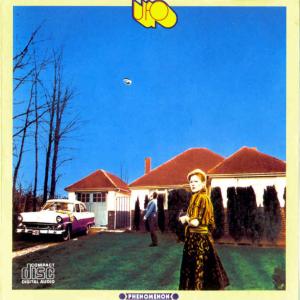
[Dangerzone] One of the greatest hard rock albums of the 70s for sure. The title track might be Purple’s greatest moment.
[RobLynott] ‘Burn’ is probably my favourite Purple-track, too!